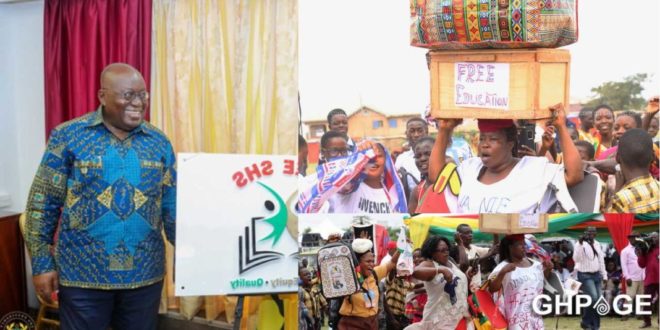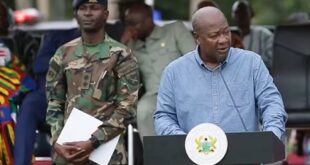Key projects and policies could be affected by the government of Ghana’s eventual decision to go to the International Monetary Fund (IMF) for a bailout.
Based on the terms and conditions that usually come with an IMF bailout where the government is told to cut down on expenditure and focus on raising revenue, the flagship policies could be adversely affected.
The IMF Bailout could restrict the government from further recruitment into the public sector, the plugging of revenue loopholes and the downsizing of the government machinery.
In the midst of this, the following capital-intensive flagship programs and policies could come to a halt, be cancelled, or abolished completely:
- The Free Senior High School Policy
- The Nations Builders Corps policy
- The construction of the National Cathedral
- Planting for Food and Jobs
- One District, One Factory
Subsequently, it is highly possible that the government of Ghana would reintroduce the collection of tolls by reactivating the closed toll booths across the country.
The government would need to focus on generating revenue to pay for the debt accrued irrespective of Ghana’s ballooning debt stock.
How sustainable will the IMF Bailout be when Ghanaians are already asking for the immediate cancellation of the Free SHS Policy and E-LEVY?
 Home Of Ghana News Ghana News, Entertainment And More
Home Of Ghana News Ghana News, Entertainment And More





